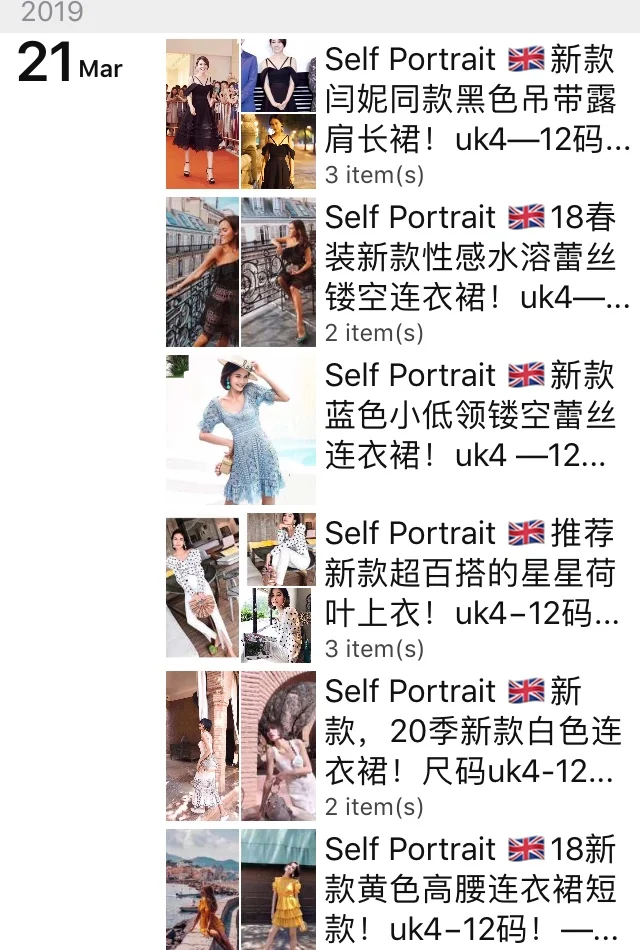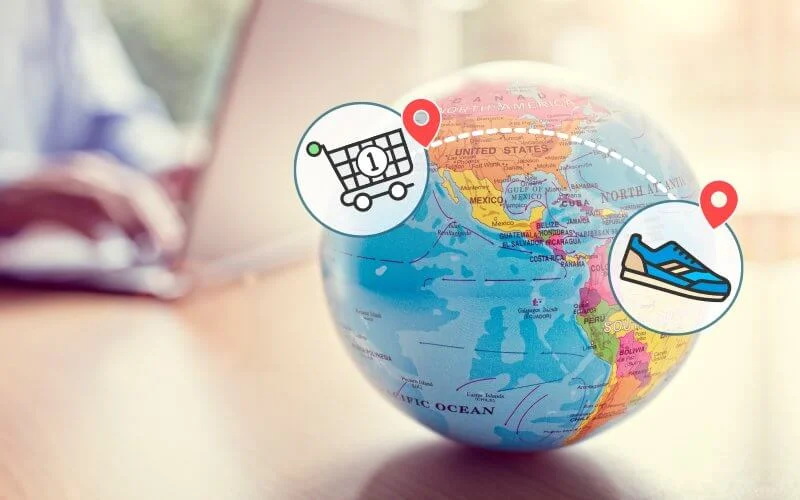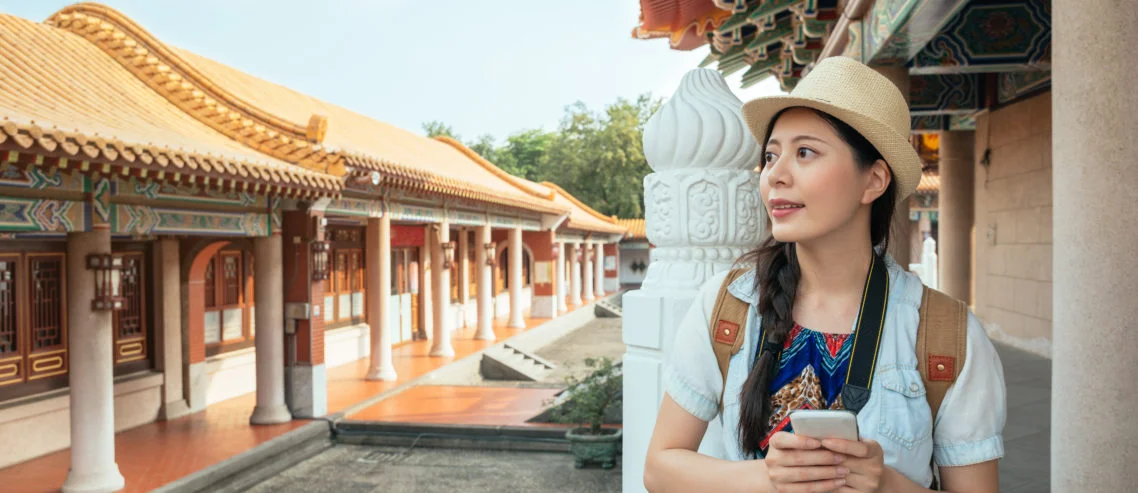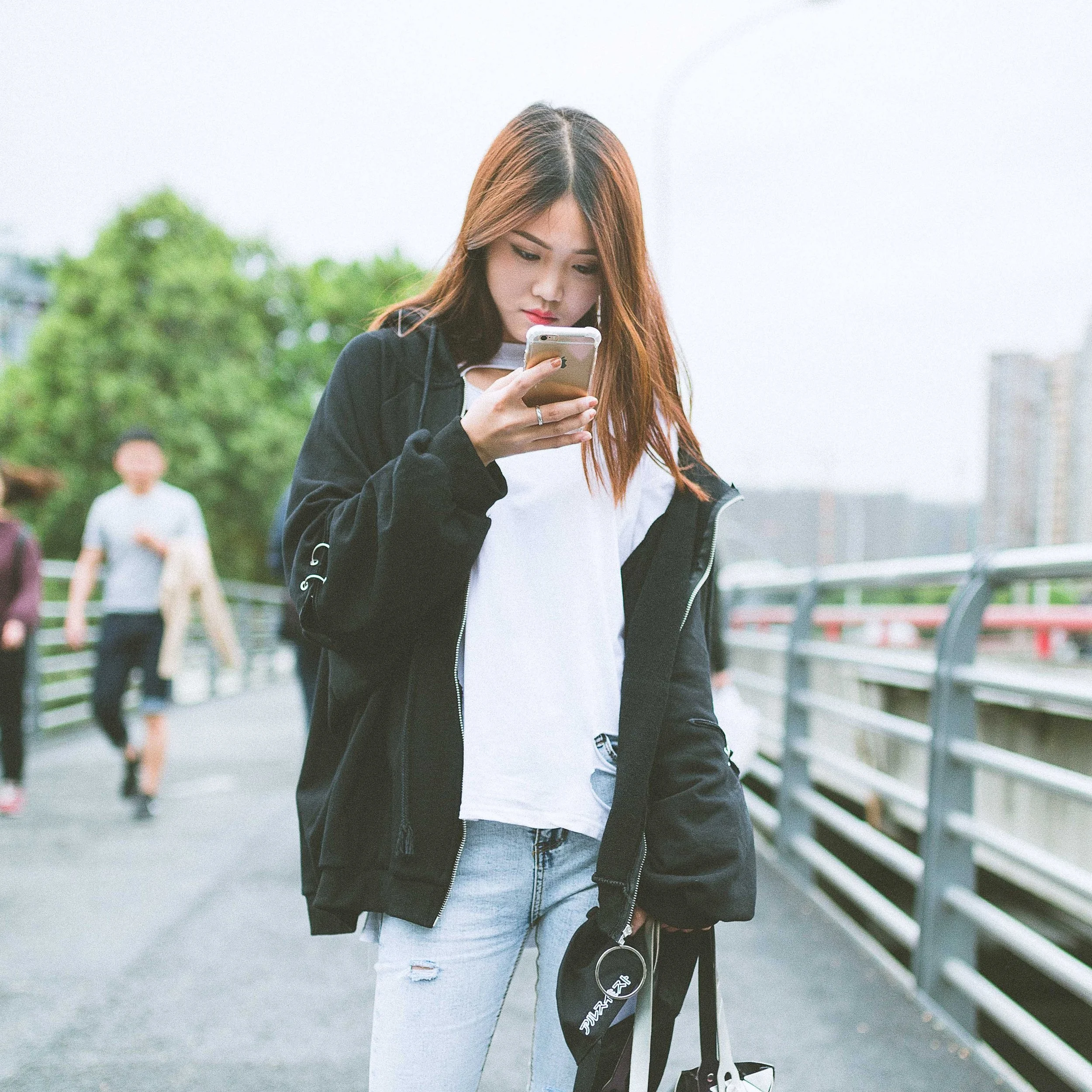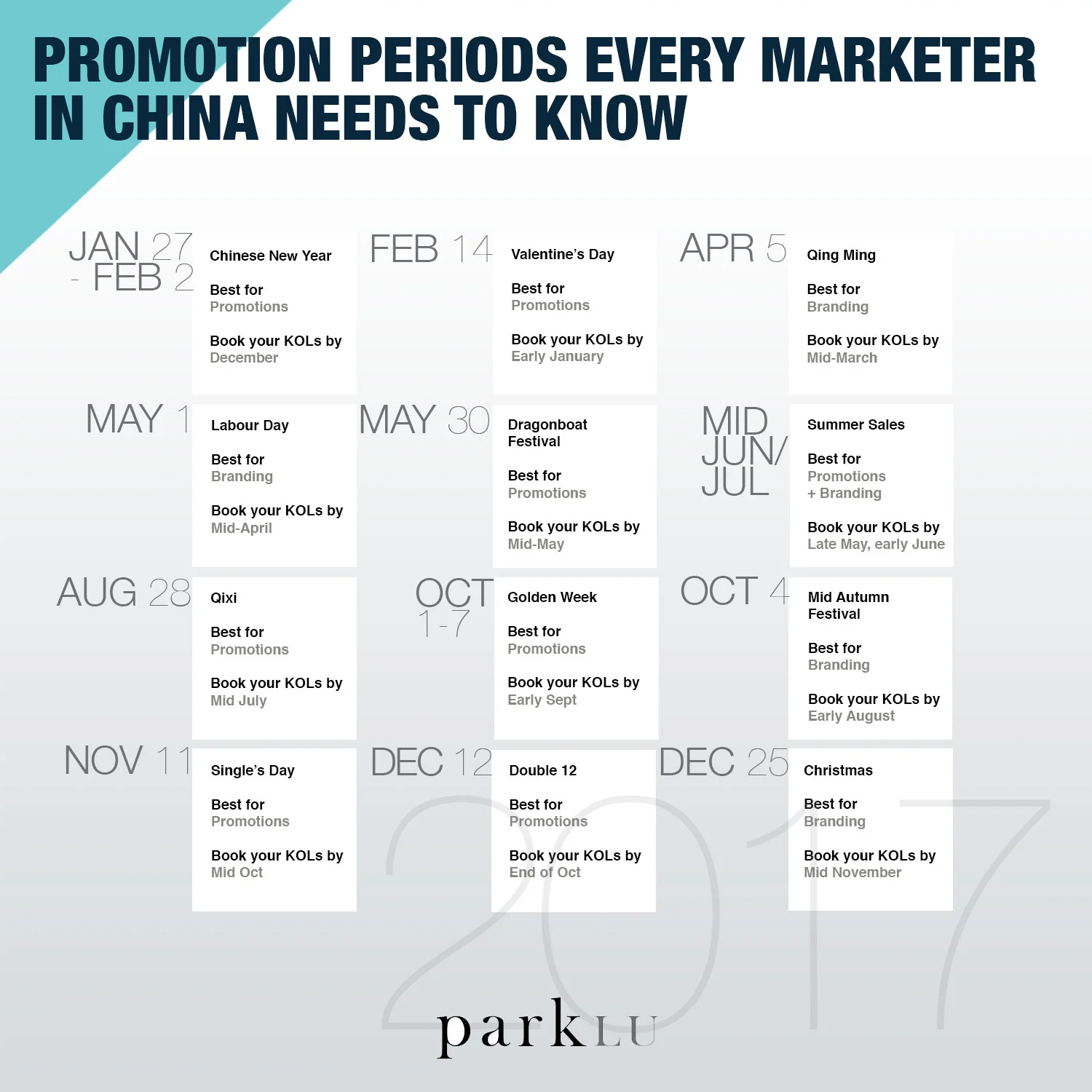Keeping Up with the Daigous: an Industry in Flux
Daigous have been transforming the way they do business. Daigous in Europe, for instance, many of whom are studying there at prestigious universities, are making the shift away from solely acting as buyers to functioning as personal shoppers who offer style advice to wealthy Chinese customers back home.
“轻奢 (Affordable luxury) brands like Sandro and Self-Portrait have been selling like hotcakes the last two years because they offer good value for the money,” she said. While marketing products to her customers, she often uses “欧美网红款” (“Western influencer favorite”) as a keyword. She told Jing Daily “Chinese women will save up to buy ultra-luxury bags, but they are willing to spend much less on clothes.” Chic styles, a strong influencer endorsement, and a premium-yet-not-over-the-top price point are all key elements for sales success, she added.
Read More
Reimagining Your Channels, Rebooting Your Strategy
We depend on our owned and paid channels to deliver the messages and experiences that grow our brands. I love reboots of classic formats in new ways or rethinking entirely how to use an existing channel sitting in front of you.
Read More
How Chinese Influencers Calculate Their Fees
Influencer marketing is considered an essential component of luxury marketing in China, but to many brands’ surprise, influencer marketing isn’t cheap and can actually be more expensive than the same service in the West.
Read More
Four Things to Know About Influencer Marketing in China
t’s fair to say that 2018 was the year of influencer marketing all over the world, and it is going to continue to be a driving force for brands looking to grow their audience and improve sales through social media through 2019 and beyond. However, there are some substantial differences between Western and Chinese social media ecosystems that brand marketers should know if they want to expand their campaigns to lucrative Chinese markets.
Read More
Influencer Marketing in China - What you Need to Know
Marketers need to consider the uniqueness of China’s social platforms when planning an influencer marketing campaign. Those entering this market should know the top digital platforms for influencer marketing and how they operate, how different generations use social media and how they engage with influencers.
WeChat, Weibo, Douyin, Xiaohongshu, Meipai, Tmall and Taobao are some of the leading platforms to consider for influencer marketing campaigns.
Influencers such as A-list celebrities may be better at driving brand awareness, while key opinion leaders (KOLs), online celebrities and other microinfluencers engage consumers in a deeper way.
One study showed that 68% of consumers in China say their shopping choices are influenced by social media.
Product recommendations from influencers have the most impact on millennials and Gen Z in China.
Luxury consumers in China look to influencers when making purchase decisions.
While regulations on disclosure of brand sponsorships on social media do not exist, marketers should be mindful of censorship rules imposed by the government that restrict types of content.
Read More
Digital Marketing 101 in China
A good marketing campaign is often considered the key to success in China. However the marketing tools used in China can be very different to the tools used elsewhere in the world.
In this 3 part series we'll be covering industry secrets and best practices in digital marketing to help your business make a name for itself in China.
Read More
Influencer Marketing in China: No Longer an Option, Now a Necessity
Since working with influencers is now a necessary part of a marketing strategy in China, there are some key things marketers should understand in advance.
Read More
Stats for Cross-Boarder E-Commerce
The Azoya study found that cross-border import platforms are one of the most cost-effective ways of purchasing overseas products, especially luxury products, with little risk of buying fakes.
Read More
Chinese Holidays as it relates to Campaign Success
There are so many holidays in China that it’s hard for businesses to keep track, or know how to best take advantage of them. But a successful marketing campaign factors in major retail holidays in China.
In China, traditional holidays are always times for family gatherings. Although these often give several days up to a week of vacation, the Chinese don’t shop much over the holidays themselves, since they’re busy with family. For e-commerce in China, what’s important is your promotion period before the holiday starts.
For example, Chinese New Year. We see discounts and promotions happening from Christmas right through to Chinese New Year (usually end of January / February), because shoppers are pocketing their end of year bonuses, and with the launch of spring / summer collections, they are looking for new clothing and gifts in preparation for the CNY holidays. Together with the fact that many start their homebound journeys a full week before the actual holiday, digital marketers for the China market would do well to start planning and executing promotions way in advance.
Tell your target customers about your sales promotions by engaging social media key opinion leaders (KOLs) to talk about your brand throughout your promotion period on platforms like Wechat and Weibo. Be creative about how their posts promote you and always remember, authenticity and a truly credible voice is key to influencing consumers.
Read More
